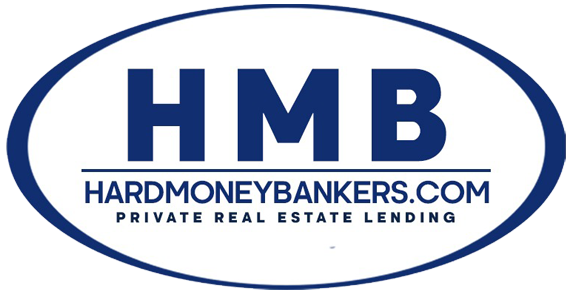Changing your attitude isn’t easy. Climbing Mount Everest sounds more doable than constantly policing your point of view. So don’t. Start with action. Attitude will eventually catch up.
The most efficient and effective way to change your luck is to change your actions. Altering what you do every day changes the opportunities you come across. If you want to get ahead, you must make high-leverage activities a priority and devote time to them daily. There’s no way around it.
Insanity is sometimes defined as doing the same thing over and over again and expecting different results. This is exactly what you’re doing if you refuse to change your actions but expect to somehow, someday finally make it to the top.
This attitude is ludicrous. What’s even more insane is that the majority of people function in this way. It’s time to remove yourself from the gaggling flock and carve your own legacy. Make it one of action.
Sound intimidating? Here’s a simple hack to get you moving: doing high-leverage activities daily for thirty days turns them into habits. At that point you won’t have to expend massive amounts of energy or willpower to accomplish them; they will be automatic. This significantly raises your productivity during the workday while also allowing you to direct energy into details that count.
We focus on at least three high-leverage activities at a given time. In order to keep them at the forefront of our workday, we write them on our whiteboards. High-leverage activities for us might be innovation, automation, training, management, or public relations. When we’re on the phone or at the computer, we’ll often look up at the whiteboard and ask ourselves if the task we’re doing is high-leverage. This is a great strategy for protecting your time and keeping your business operations in check. It also seamlessly transforms high-leverage activities into habits.
Make an inventory of your long-term goals and dreams. Are your daily actions supporting them? For example, if you go to work in a government office every day and then spend your evenings wondering why you’re not a billionaire investor yet, obviously there is a disconnect between your goals and what you’re doing to achieve them.
New users of our online business, REI 360, a membership site for real estate investors, often complain that they haven’t experienced the success in real estate they desire. Whenever we hear this, we always ask the same question: “What specifically have you done in the last week to support your goals?” Ninety percent of them respond, “Nothing.” You can’t think or wish yourself into achievement. Goal attainment requires action.
Here is a fun exercise that will clarify what actions and habits are supporting or blocking you. Carry a notepad and pen on your person for the next two days. Pause every fifteen minutes and write down exactly what you’re doing. Once the two-day period is complete, revisit your notepad. Place a green checkmark next to every activity that is serving your goals. Put a red checkmark next to those that are not.
Don’t be depressed if your notepad is covered in red. Our lists definitely weren’t pretty when we first performed this exercise. The point of the activity isn’t to berate yourself; it’s to instill awareness. When you’re clear on how you’re investing your time, you can optimize it.
You want to reach the point where creating opportunities is habitual. It can be a bit of a climb to that peak, but it’s well worth it. Our view is great. It’s now habit for us to search for opportunities in all situations, relationships, and events. This leads to constant breakthroughs. For example, while conducting everyday business, we’ve found opportunities to maneuver real estate transactions into six-figure outcomes—ten times the profit of average transactions. These moments have been game-changers for our business. You could say that we were just randomly lucky—we were in the right place at the right time—but we know our luck was anything but random. It was created by a consistent habit of anticipating high-leverage opportunities and seeking them out. When the opportunities arose, our antennas were already attuned to their frequencies. We saw them and took action.
Taking action was intuitive and easy for us because at that point it had become habit. We didn’t have to think about how to act, we simply acted. This allowed us to move quickly. Seizing opportunities requires speed as much as awareness. Give yourself the added leverage of automatic action, which allows you to leap when a doorway fleetingly opens.
This article is an excerpt from the book “The Whiteboard: Go from Blank Canvas to a Productive, Leveraged, & Highly-Profitable Business” by Chris Haddon and Jason Balin. Please click here to see more.


